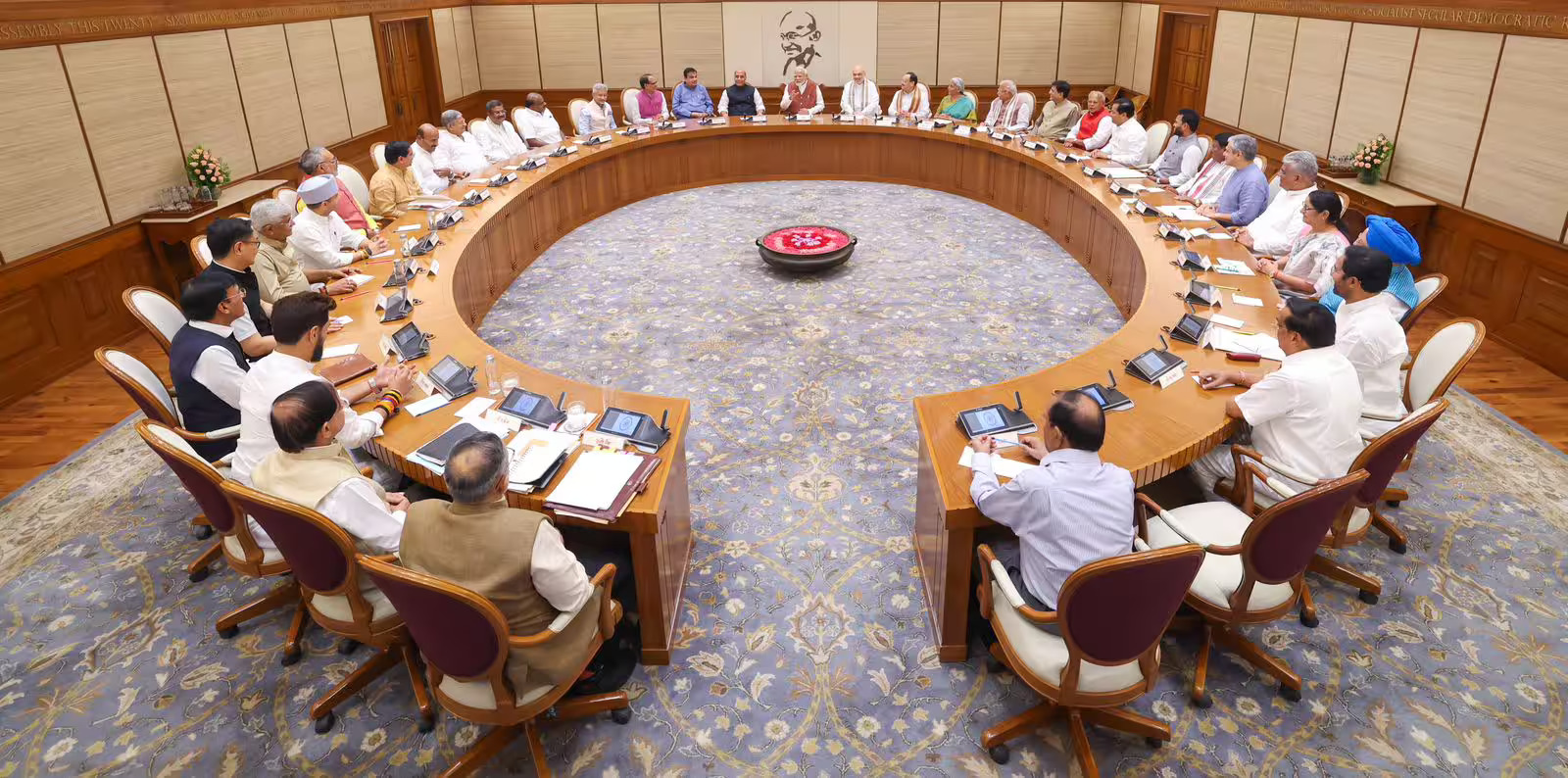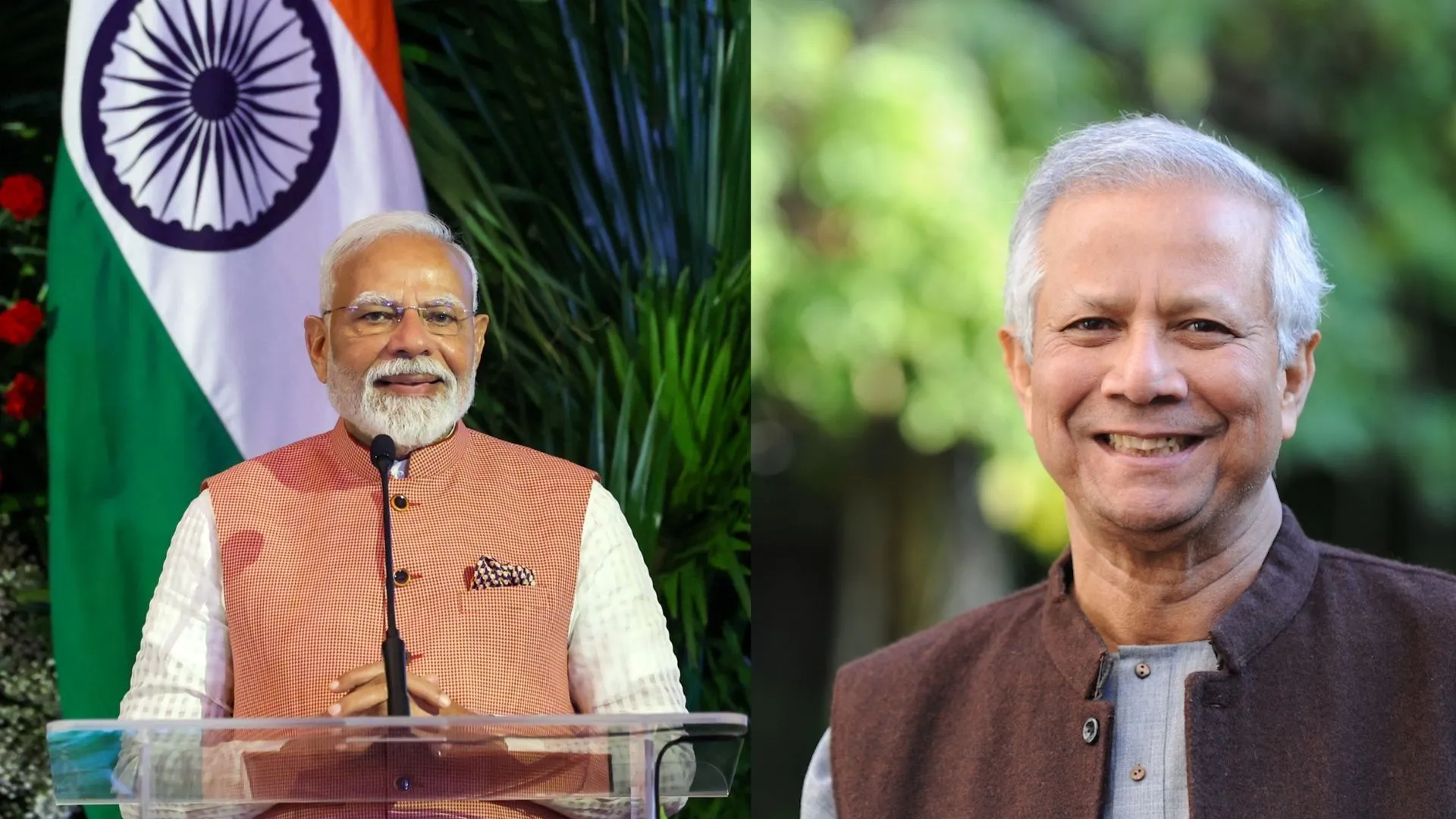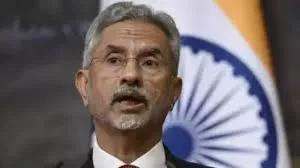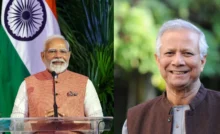Following Narendra Modi’s re-election as Prime Minister for a third term, delays in announcing ministerial portfolios have sparked widespread speculation. Despite the swearing-in ceremony welcoming 71 ministers to the Union council, the official list of portfolios was withheld for a full 24 hours, marking the longest such delay in two decades. This prolonged uncertainty underscores the complexities of coalition politics and the imperative to address the interests of diverse alliance partners.
Past instances of similar delays are also noted, highlighting the challenges inherent in forming a government that satisfies the demands of various political factions. This delay in portfolio allocation reflects the intricacies of coalition governance, where negotiations and accommodations must be made to uphold the principles of ‘coalition dharma.’ Such delays are not uncommon in Indian political history, as evidenced by previous instances during both UPA I and UPA II administrations.
Even as Narendra Modi’s government embarks on its third term, managing the expectations and aspirations of coalition partners remains a formidable task. The delay in portfolio announcements has led to speculation and rumblings within the National Democratic Alliance (NDA), with partners like the Shiv Sena expressing discontent. These challenges highlight the intricate balancing act required in coalition politics, where consensus-building and negotiation are paramount.










